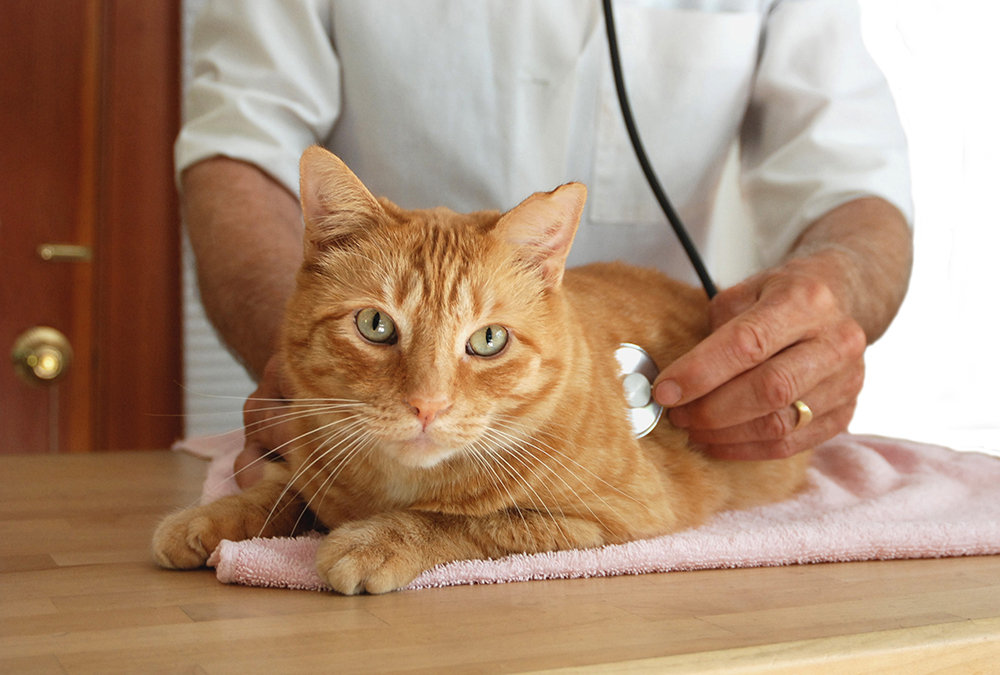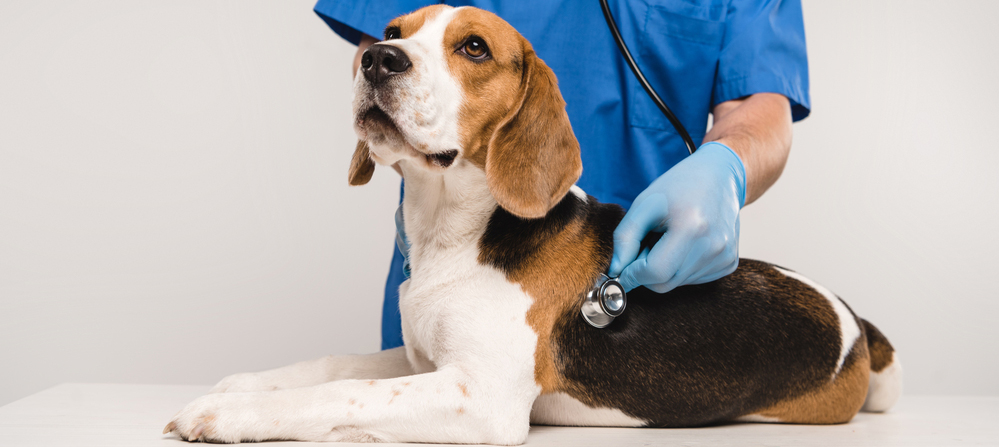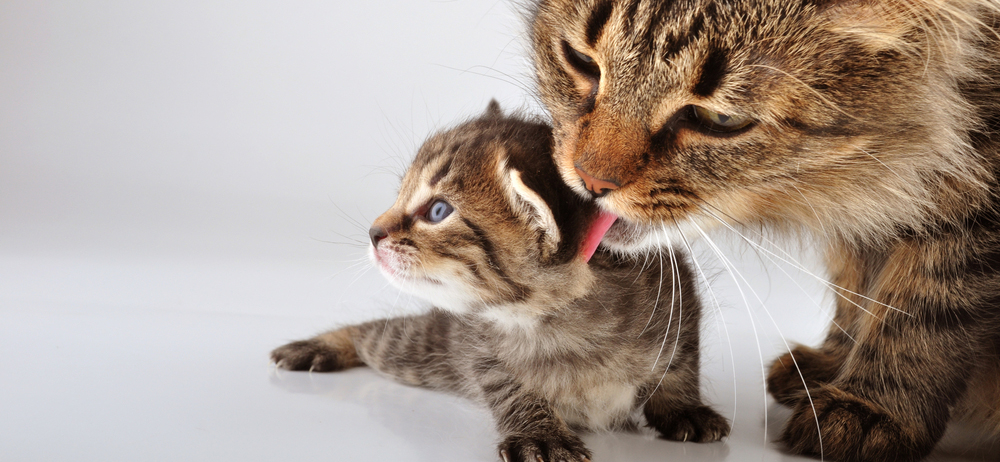
Getting a pet spayed or neutered is a common veterinary procedure. In fact, most pets are either spayed or neutered. But as a responsible pet parent, it’s normal to have questions about any procedure your pet may undergo.
These are some common questions pet owners have about spaying and neutering.
What Is the Difference Between Spaying and Neutering?
Spaying is done to female pets. It involves removing the uterus and fallopian tubes from a female cat or dog. This not only ensures the pet can’t get pregnant but also gets rid of the pet’s heat cycle, thereby also eliminating heat-related behaviors.
Neutering is done to male pets. Neutering involves removing the testicles of a male cat or dog. Neutering prevents a male animal from fathering puppies or kittens and helps to eliminate undesirable behaviors like mounting, aggression, and roaming.
Should Your Pet Reproduce First?
Vets do not recommend allowing your pet to reproduce before spaying or neutering them.
Many vets recommend that dogs and cats be spayed or neutered before their very first heat cycle, which would mean before they’ve reproduced. There are medical benefits to spaying before the first heat and no benefits to allowing your pet to reproduce.
When Should You Spay or Neuter Your Pet?

Your pet should be spayed or neutered around five to six months old.
Pets can be spayed or neutered as early as 6 to 8 weeks old, although this is generally not recommended due to the heightened risk of anesthesia at that age. Your veterinarian can help you determine the best age to have your pet fixed depending on factors such as breed size or type.
There’s no upper age limit at which pets can no longer be spayed or neutered. Older pets that haven’t been spayed or neutered already should be fixed as quickly as possible to curb any health risks.
Why Should You Spay or Neuter Your Pet?
You should spay or neuter your pet to prevent unwanted behaviors, eliminate the risks of unwanted litters, and avoid health problems.
Both spaying and neutering help to prevent overpopulation. It is also much more cost-effective to have your pet be fixed rather than care for a litter or handle health problems that come with not spaying or neutering.
Spaying female animals:
- Prevents pyometra, a potentially fatal uterine infections
- Protects against breast cancer and mammary tumors
- Stops them from going into heat (bleeding, excessive urination, vocal and demanding behaviors)
Neutering male animals:
- Eliminates the risk of testicular cancer
- Prevents prostate disease
- Lowers likelihood of spraying
- Less likely to roam or mount
- Lessens potential of aggression problems
- Lowers risk of developing pancreatic cancer
How Much Does It Cost to Spay or Neuter?
How much the procedure costs may depend on the pet’s size, species, and gender, as well as the veterinarian.
Despite the cost of the procedure, getting your pet spayed or neutered will actually save you money in the long run. By avoiding the health problems that can occur in unspayed and unneutered pets, you’ll keep your pet healthier for longer and save money treating your pet at the vet.
How Soon Can You Spay a Pet After She Gives Birth?

It’s generally recommended that owners wait two weeks after birth to spay but this should be discussed with your veterinarian on a case-by-case basis.
If your pet dog or cat is already pregnant, then you may need to wait until after she gives birth to spay her. It’s usually recommended that you wait up to two weeks after the birth to spay, which is when the puppies or kittens will have been weaned and therefore the mother’s milk will have dried up.
Are There Any Risks Associated With Spays and Neuters?
Before the surgery, your vet will examine your pet and then explain any risks to you. Fortunately, surgical complications during a neuter or spay are incredibly rare.
Although a spay or neuter procedure is a major surgery, it’s also a very common one. Your vet will have performed the same surgery many, many times and is very experienced in doing it safely. Pets are completely anesthetized during the procedure, so they won’t feel anything and your vet can prescribe pain medication for your pet to manage any discomfort afterward.
Will Your Pet’s Behavior Change After Being Spayed or Neutered?
Your pet’s base personality shouldn’t change because of the surgery.
Your pet won’t know what happened and won’t be upset that they can’t reproduce. There may be some behavioral changes, but typically these are positive changes. Your pet might be less aggressive, may stop spraying, and will be generally happier and more relaxed.
Ready to Spay or Neuter Your Pet?
Contact us to schedule an appointment with our team of veterinary experts.

